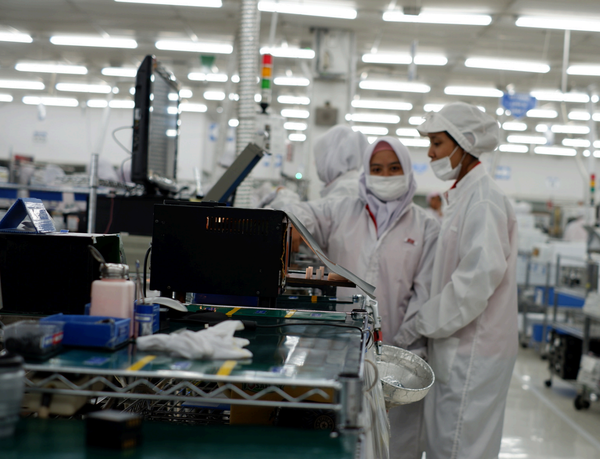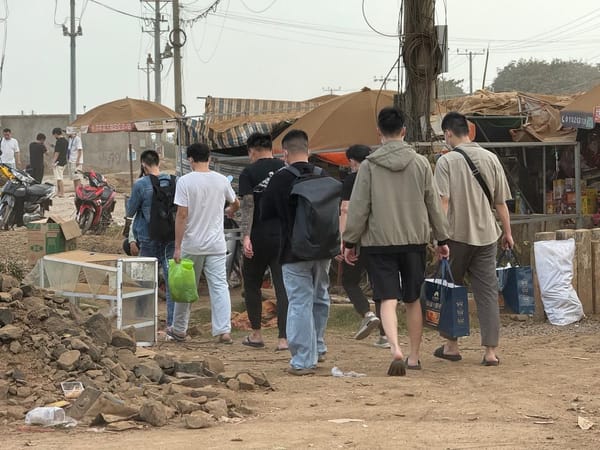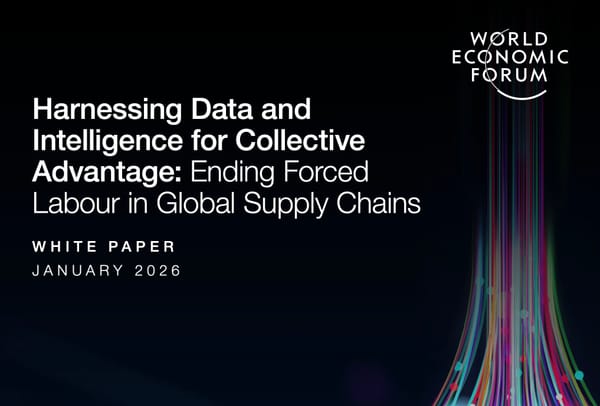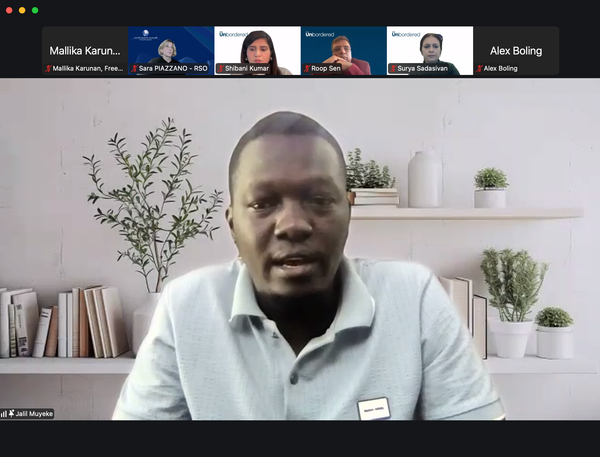Civil society groups across the world faced increasing levels of repression in 2024
CSOs and HRDs in repressed and closed countries need international connections and partnerships, a report exposes the flawed certification processes of western coffee brands, and a new study highlights the need for inclusive research practices.
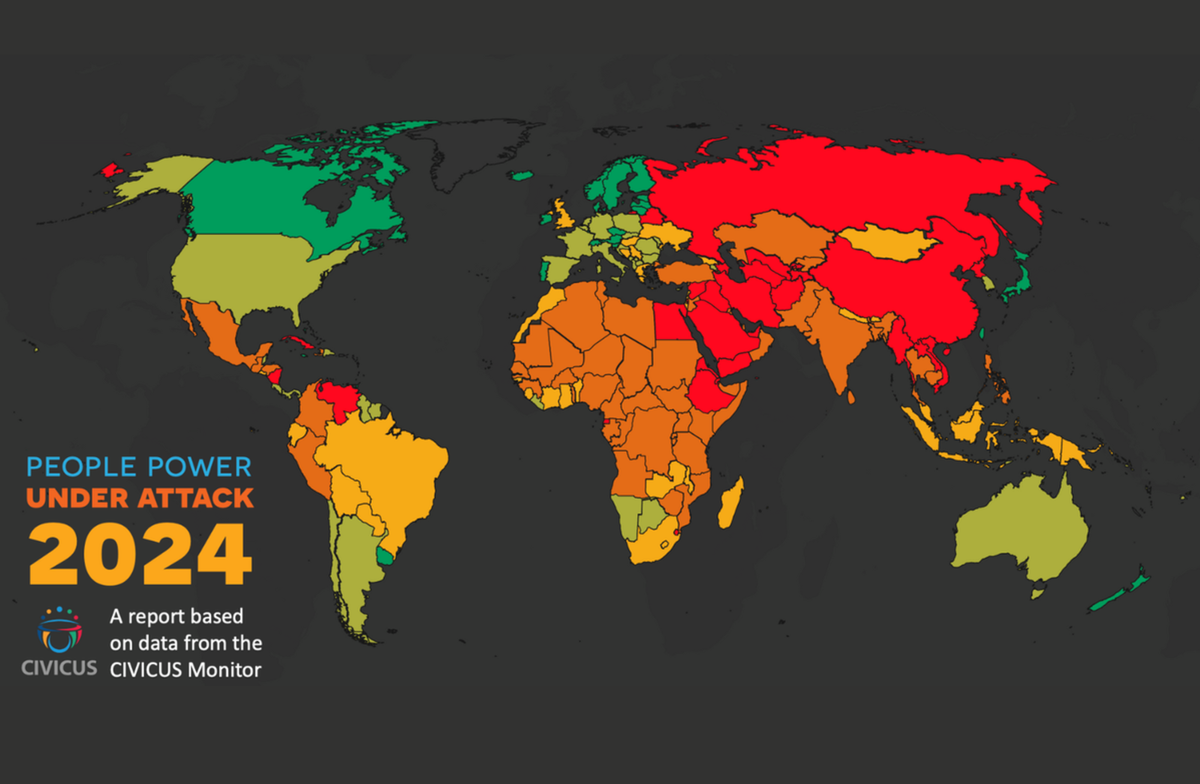
The CIVICUS Monitor’s annual report shows that 81 out of 198 of the world’s countries and territories have restricted or closed civic space, with 72.4 per cent of the global population living under repressive conditions, including 30 per cent in countries where civic space is completely closed. Compared with last year, an additional 1.5 per cent of people now live in a repressed or closed country although four nations – Japan, Jamaica, Slovenia and Trinidad and Tobago – have moved into the highest category of having open civic space.
The CIVICUS Monitor, which began in 2017, tracks the state of freedom of association, peaceful assembly, and expression in countries across the world, and its report rates the state of civic space conditions based on data collected throughout the year from country-focused civil society organizations, regionally based research teams, international human rights indices and the CIVICUS Monitor’s in-house experts. Its 2024 report shows that conditions for civil society have deteriorated in nine countries, while conditions improved in nine countries.
The report highlights the challenges and dangers faced by civil society groups in many regions of the world, as they work to combat human rights abuses and protect vulnerable populations. It emphasizes their urgent need for the international connections and partnerships that help amplify their voices, build capacity, and offer access to assistance and resources that would not otherwise be available to them.
In East Africa, Ethiopia has been downgraded from repressed to closed, as the continuing armed conflict and imposition of state-of-emergency measures in parts of the country have resulted in serious violations of human rights and caused a decline in civic freedoms. Human Rights Defenders (HRDs), journalists and opposition members face serious challenges in their work, including physical and online surveillance, verbal harassment, intimidation, and threats.
Meanwhile, Kenya has been downgraded from obstructed to repressed following the government’s brutal and ongoing crackdown since nationwide protests sparked by a proposed Finance Bill, which sought to raise taxes and sharply further increase the cost of living amid unchecked government corruption. The government’s violent response caused the deaths of at least 60 unarmed protesters and police arrested at least 1,000 people. Abductions of protesters and online supporters of the protests still continue months later.
HRDs were detained in at least 17 countries in Africa, as authorities attempted to deter, intimidate and silence activists. Those working on democracy, environmental issues, and labour issues were particularly targeted.
The main civic space violations documented in Asia and the Pacific over the past year were the arbitrary detention of protesters and the use of excessive force by security forces against peaceful protests. Another widespread trend was the detention and prosecution of HRDs and the use of an array of restrictive laws and trumped-up charges with which to prosecute them. Governments also used censorship in many countries in the region to silence expression, block criticism of those in power, and deny people access to information. The crackdown on protests was particularly strong in South Asia as governments sought to stifle the opposition, ethnic minorities, and students, among others, while protesters were detained or excessive force was used in Southeast Asian countries including Cambodia, Laos, Malaysia, Myanmar, and Thailand.
The CIVICUS Monitor advocates for robust protections for CSOs and HRDS, and recommends that: governments work with civil society to establish effective national protection mechanisms which respond to the needs of those at risk, and repeal any legislation that hinders the work of civil society or criminalizes HRDs, journalists, protesters and members of excluded groups; that international bodies provide access for communities and civil society to engage in UN decision-making processes; and that donors provide long-term, unrestricted and core support for civil society in countries where it is facing increasing restrictions from states.
Here’s a round-up of other noteworthy news and initiatives:
A report by China Labor Watch documents that Nestlé’s and Starbucks’ coffee supply chains in Yunnan province involve child labour, excessive working hours, and unsafe conditions, violating the companies’ own ethical sourcing standards. The findings expose flaws in their certification processes and raise concerns about unregulated “ghost farms” entering their supply networks.
A new study explores ethical challenges in modern slavery and human trafficking research, emphasizing the need for inclusive, trauma-informed, and ethically robust practices to improve research quality and participant outcomes. It highlights four key areas for improvement – ethical governance, participatory methods, trauma-informed approaches, and ethical legacies – and calls for stakeholders to move beyond top-down frameworks and adopt a more flexible, inclusive culture with structural changes over time.
A British agency that facilitated the employment of over 1,450 Indonesian farmworkers in 2022 has had its license revoked by the Gangmasters and Labour Abuse Authority (GLAA) for failing to “act in a fit and proper manner”. This action follows reports that the workers arrived in the UK with debts of up to £5,000 (US$6,380) owed to unlicensed brokers in Indonesia, highlighting significant issues within the recruitment process.
Germany and the UK have signed a joint action plan to address human trafficking, focusing on prosecuting smuggling syndicates involved in small-boat crossings to the UK. The agreement follows a BBC investigation linking Essen, Germany, to trafficking networks, and includes commitments to clarify laws, enhance cooperation between agencies, and track the financial flows of smuggling operations.
Last week, Human Rights Watch reported ongoing issues with U.S. Border Patrol agents denying Mexican asylum seekers access to the United States, forcing them to remain in dangerous conditions in Mexico. This practice contravenes both U.S. and international human rights laws, which guarantee the right to seek asylum and humane treatment while in government custody.
Join us tomorrow for a webinar with the Global Alliance Against Traffic in Women, “Money Matters: Analyzing the Impacts of Anti-Trafficking Funding,” at 9am EST / 3pm CET / 9pm ICT, exploring how anti-trafficking funds are allocated and their impact on survivors and frontline organizations.

